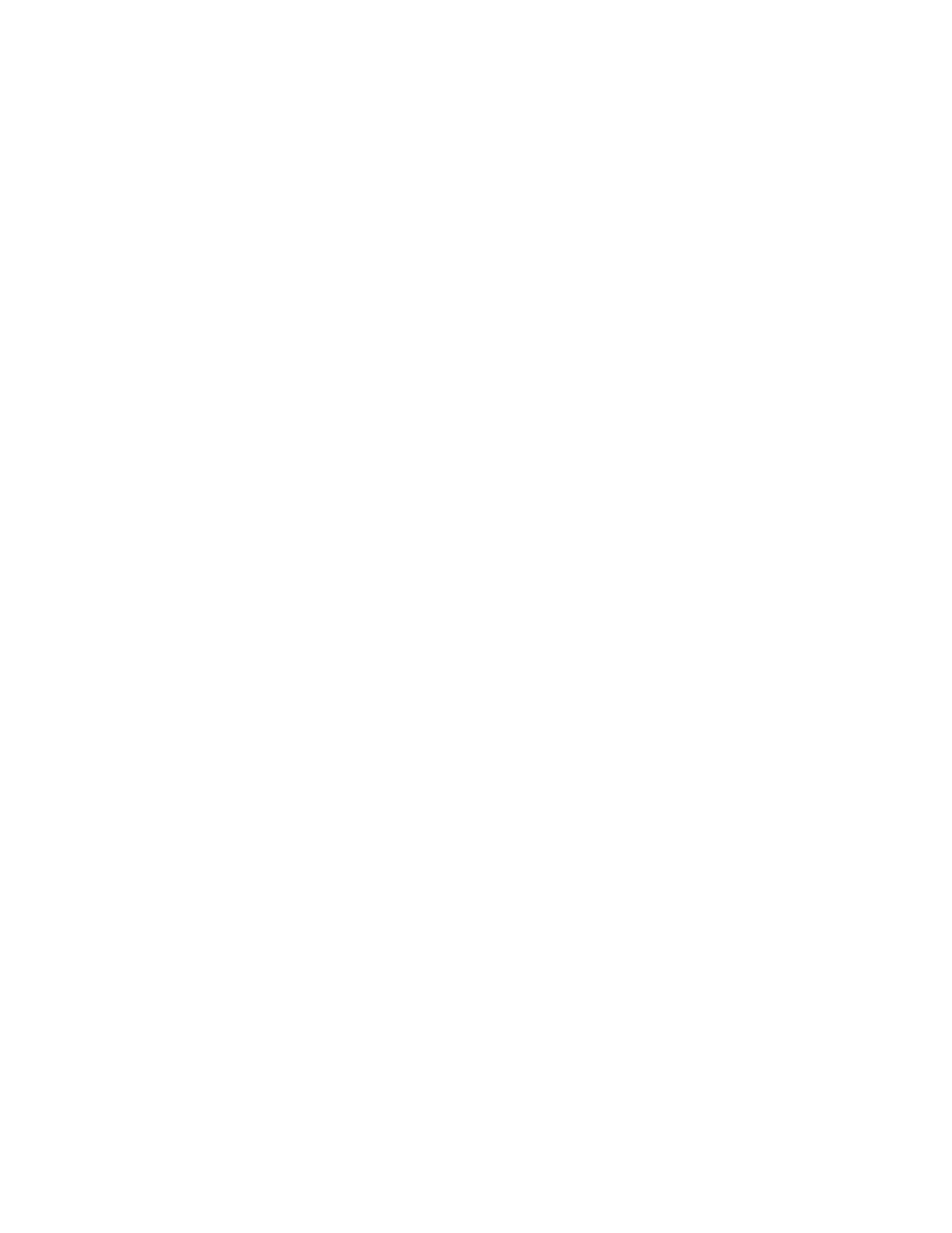

More info and Downloads at
www.islamicbulletin.orgPage 81 of 255
Hudhaifah possessed the discretion that made him realize that what is good in this world is obvious
to whoever seeks it, and that evil is the thing that is disguised and hidden. Therefore, the intelligent
person should be discreet in studying evil in its hidden and apparent forms.
Hudhaifah (May Allah be pleased with him) therefore devoted his time to the study of evil and evil
doers, as well as hypocrisy and hypocrites. He reported: People used to ask Allah's Prophet (PBUH)
about good, but I used to ask him about evil, for fear that it should overtake me. I said, "O Messenger of
Allah, we were in ignorant and evil times, then Allah presented us with this good. Will there be evil after
this good?" He said, "Yes." I said, "And after this evil, will there be good?" He said, "Yes but it would be
tainted with evil (literally, smoke)." I asked, "What will this evil be?" He said, "There will be some
people who will lead (people) according to principles other than my tradition. You will see their actions
and disapprove of them." I said, "Will there be any evil after that good?" He said, "Yes, there will be
some people who will invite others to the doors of Hell, and whoever accepts their invitation to it will be
thrown in it (by them)." I said, "O Messenger of Allah! Describe those people to us." He said, "They will
belong to us and speak our language." I asked, "What do you order me to do if such a thing should take
place in my life?" He said, "Adhere to the group of Muslims and their chief." I asked, "If there is neither
a group (of Muslims) nor a chief, what shall I do?" He said, "Keep away from all those different sects,
even if you have to eat the roots of a tree, till you meet Allah while you are still in that state."
Note his statement, "People used to ask Allah's Prophet (PBUH) about good, but I used to ask him
about evil, for fear that it should overtake me." Hudhaifah lbn Al-Yammaan lived open- eyed and
insightful with regards to temptations and the paths of evil so that he might avoid them and warn people
of them. This gave him insight of the world, experience with people, and knowledge of the times. He
would contemplate matters in his mind as a philosopher would and with the sound judgment of a wise
man.
He said (May Allah be pleased with him): "Almighty Allah sent Muhammad (PBUH) to call people
from misguidance to the right path, and from disbelief to belief in Allah. Some responded to his call,
following the right way. Those who were dead were raised to life and those who were alive died because
of their evil doing. When the period of prophethood was over, caliphates followed the same methods.
Then there appeared a detested monarchy. There were people who disavowed with their hearts, hands,
and tongues, and who responded to the path of justice. There were those who disavowed with their hearts
and tongues but abstained from using their hands. Thus they left out an area of justice. There were also
those who disavowed with their hearts, abstaining to use their hands or tongues. Thus they left out two
areas of justice. There were those who did not disavow, neither with their hearts, nor with their hands or
tongues, and those were the dead in life!
He talked about hearts and a life of guidance or misguidance according to the heart. He said: There
are four kinds of hearts: a locked heart, which is the heart of the disbeliever; a duplicitous heart, which is
the heart of the hypocrite; a pure heart full of light, which is the heart of the believer; and a heart filled
with hypocrisy and faith. Its faith is like a tree supplied with good water, but like hypocrisy because it is
like an ulcer filled with pus and blood. Whichever is made will win.
Hudhaifah's experience of evil and his persistence in resisting and challenging it sharpened his
tongue and words. He himself informed us about this in a noble hadith: I approached the Prophet
(PBUH) and said,
"O Messenger of Allah, I have an abusing tongue towards my people, and I am afraid it might lead me to
the fire of Hell." The Prophet (PBUH) said to me, "Do you ask Allah's forgiveness? I repent to Allah a
hundred times a day."
That was Hudhaifah, the enemy of hyprocrisy and the friend of frankness. For a man of this
character, his faith had to be strong and his loyalty intense. That was Hudhaifah's way, in respect to faith
and loyalty. He witnessed his father die as a Muslim in the battle of Uhud, killed in error by Muslim
hands, mistaking him for one of the unbelievers.
















